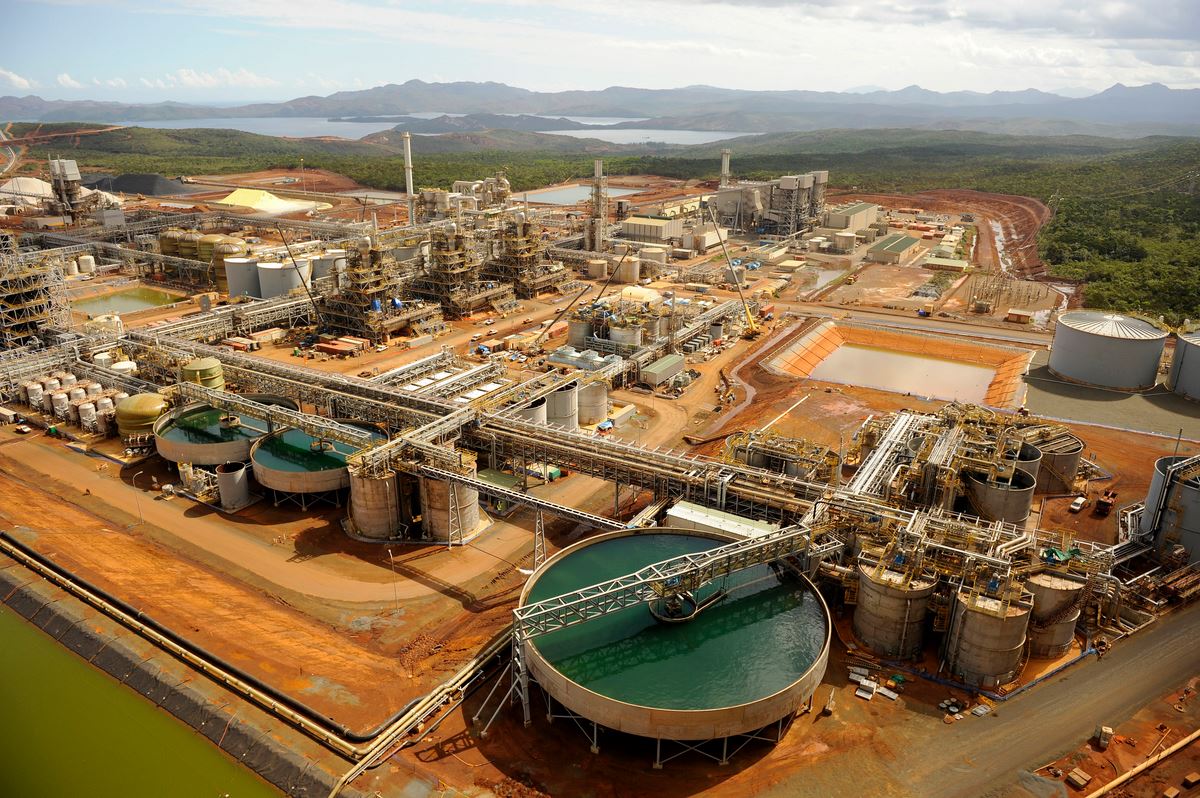By Nic Maclellan
After months of political dispute, the Brazilian corporation Vale has finally sold its Goro nickel smelter and other assets in New Caledonia’s Southern Province.
The new owners Prony Resources and Trafigura have accepted a corporate structure that gives majority control to local New Caledonian interests. The deal is guaranteed by loans and tax breaks from the French government and is backed by the commercial and technical support of Tesla, the Californian automotive and renewable energy corporation.
Throughout 2020, there was widespread disagreement over which consortium could bid for the . . .
Please Subscribe to view full content...
